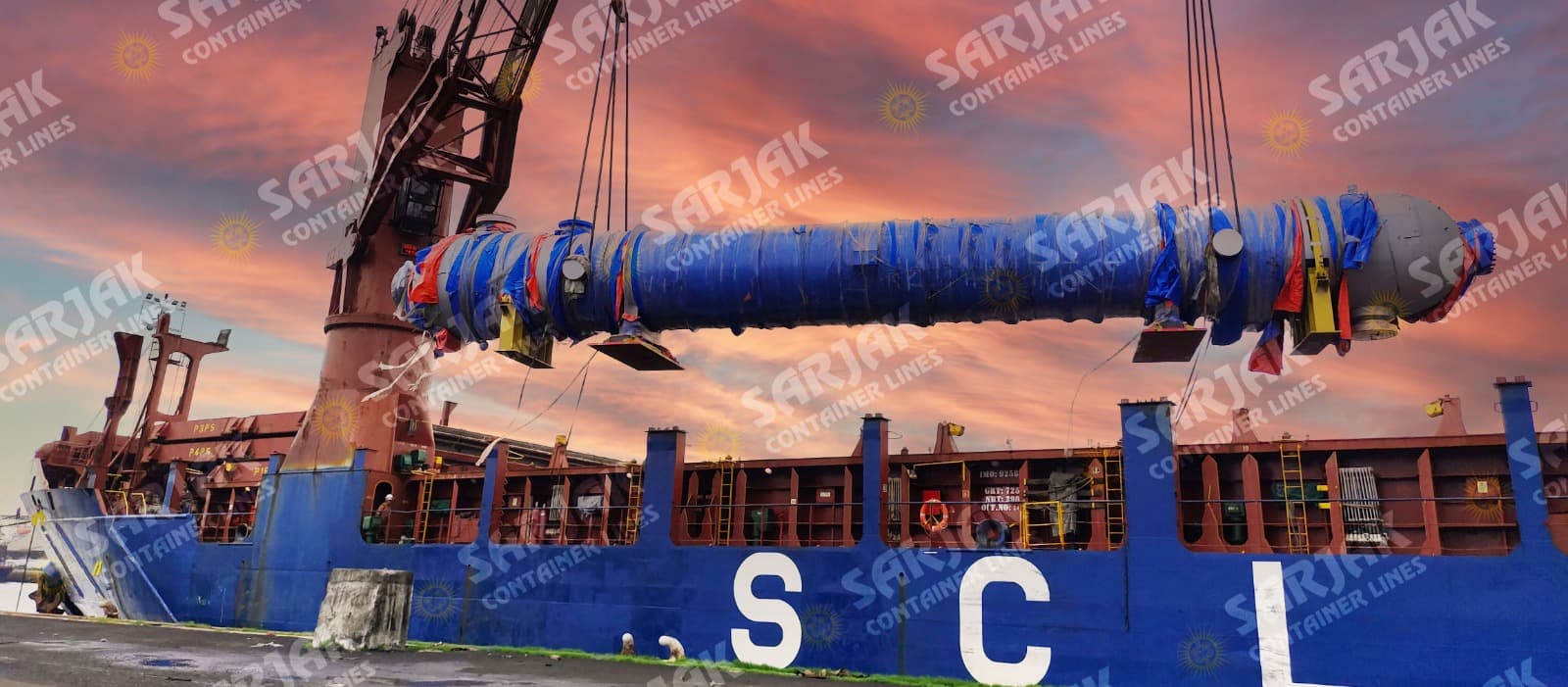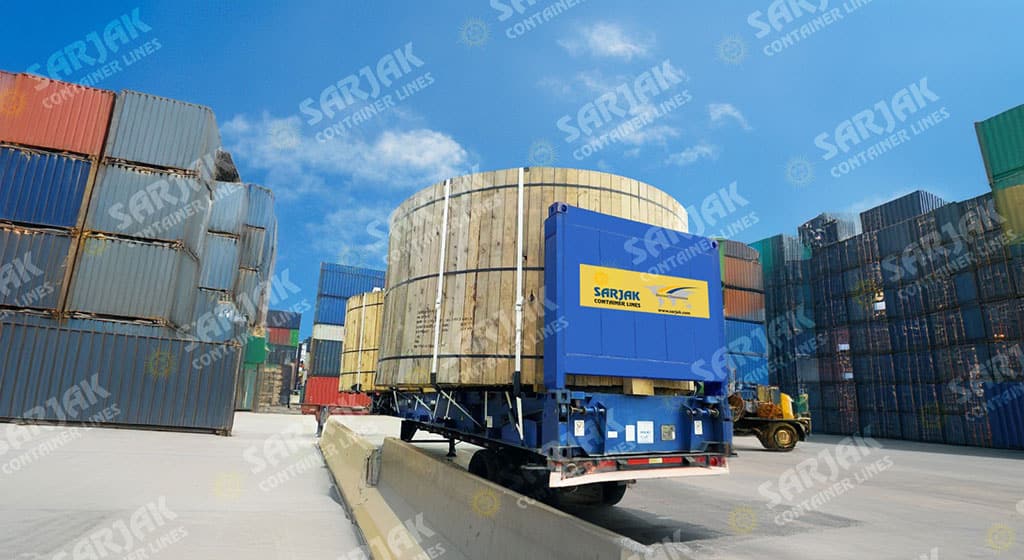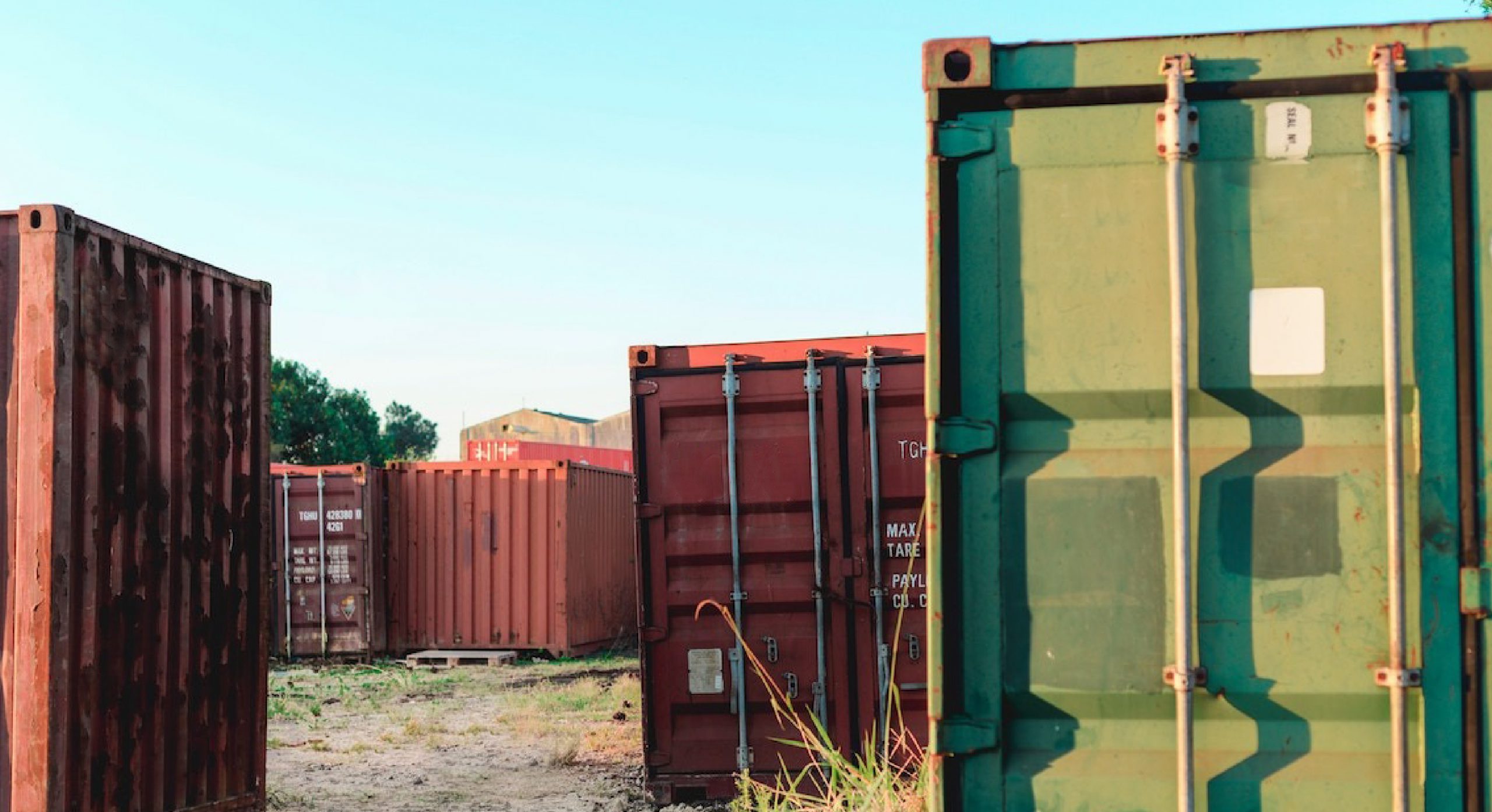Abandoned cargo is the bane of shipping lines, freight forwarders, and port authorities the world over. Simply put, cargo is considered abandoned when the consignee does not take delivery of the cargo upon it reaching its destination. Typically, cargoes are abandoned by the consignee because they might be unable to pay the costs of clearance, or the cargo received is the incorrect one (and the consignee does not wish to pay for return), or some other dispute that may arise from time to time. This issue is endemic across ports with India becoming a depository of abandoned cargo and turning into de-facto warehouses.
Most of the time, the shipper is liable for abandoned cargo and must ensure that the same is cleared by the importer and have the Bill of Entry filled out. Shipping lines are especially vulnerable in this regard as the onus of paying the port handling costs, demurrage and detention, as well as the transportation costs are to be borne by them.
The Covid-19 pandemic has caused massive disruptions in the movement of global cargo and its effect on abandoned cargo instances have been profound. Sporadic lack of demand coupled with nationwide lockdowns across the globe has caused many consignees to abandon their cargo altogether. The resultant uncertainty around Covid-19 has increased the instances of abandonment multi-fold – especially because of the costs associated with storing, packing, and securing cargo that consignees themselves are unable to move forward.
Cargo Abandonment by consignees puts a real strain on all commercial maritime operations because of the domino effect of responsibility that begins with the shipping line.














